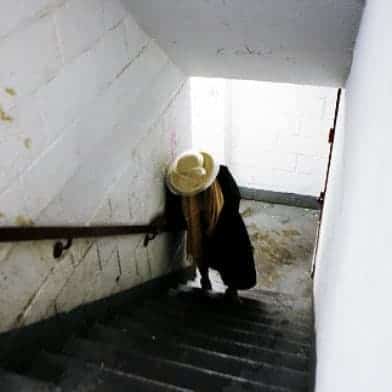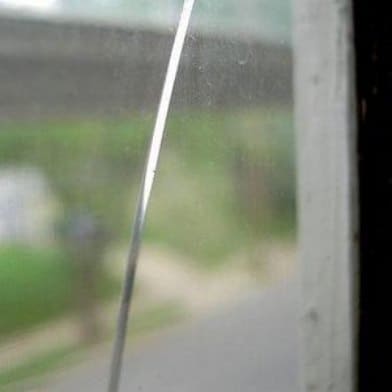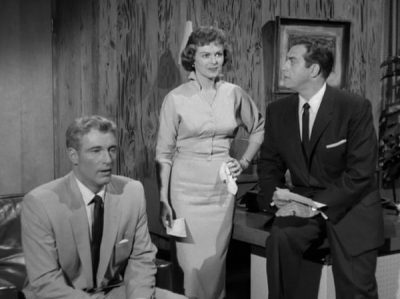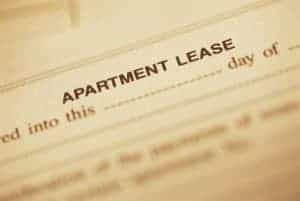
How Do I Get My Landlord To Fix The Elevator?
How Do I Get My Landlord To Fix The Elevator?
My wife & I have been living in a rent controlled 1 bedroom in a large 5 story apartment building in downtown SF for about 6 years now. It is an old building (I believe it was built in the 1920s) but in fairly good shape, except for the elevator. It is one of those classic ‘otis’ elevators that never seems to work.
In the 6 + years I’ve lived here, the building has changed hands numerous times (from citi apartments, to laramar and now to Prado). Through all these changes of ownership, one thing has remained constant, the lack of attention to tenant needs (the exterior of our windows haven’t been cleaned since before I moved in, etc).
Anyway, needless to say, having an elevator frequently out of order is a huge hassle. Fortunately for us, we are healthy and 30 years old, so climbing 4 flights of stairs isn’t a huge burden. However, there are plenty of senior citizens living in the building and this I’m sure is a serious issue for them.
In the management’s defense, they do have people that come and try to repair the elevator but their ‘band-aid’ repair jobs rarely last more than 2 or 3 weeks. The last time they were here was Friday morning for repairs.
By Friday night, there was an actual fire caused by the elevator motor and a fire extinguisher had to be used to extinguish the fire and hasn’t been working ever since. My estimate is that the elevator is down about 4 or 5 days a month on average for the past several years. Starting this month we are starting to record the exact dates of malfunction.
My main question to you is how do we get our elevator fixed properly, once and for all? And secondly, doesn’t all of this inconvenience entitle us to a decrease in rent?
Unfortunately, I can’t provide an easy solution to this issue because, absent an injunction from the court, the landlords can’t be forced to properly fix the elevator once and for all. Elevators are very expensive to repair and/or replace. Most landlords would rather use a duct tape and bubblegum approach than spend the dough to do the job correctly.
Given your longstanding complaints, I assume that you have informed the owners about the elevator, in writing, many times. If you haven’t done so, begin to write letters to the management company each time the elevator is out of service.
You should also encourage your neighbors, especially those who are most vulnerable, to document their complaints in the same manner.
The next time the elevator breaks, call a Housing Inspector from the Department of Building Inspection (DBI) to issue a notice of violation. You and your neighbors should be prepared to show the inspector any other potential violations–leaking roof and windows; cracks and holes in the walls; peeling paint; security issues; heating issues, etc.
When you have all of your evidence together you can and should file a petition for substantial decreases in housing services at the Rent Board. If you prevail, you will be entitled to a reduction in rent that may remain permanent until the elevator is fixed.
I think that you should call the City Attorney’s office, (415) 554-4700, to alert them about the ongoing issue with the elevator. As you said, this is a serious safety issue, especially for senior citizens trapped on upper floors. Given the past litigation and settlement with CitiApartments, the City Attorney may also be interested to understand that things haven’t changed that dramatically for many of the Lembis’ former tenants.



 This is a dance you probably shouldn't try to do by yourself. Almost all tenants need a lawyer to lead. You likely have a better chance buying a house than you do prevailing in an unlawful detainer by defending yourself.
This is a dance you probably shouldn't try to do by yourself. Almost all tenants need a lawyer to lead. You likely have a better chance buying a house than you do prevailing in an unlawful detainer by defending yourself.




